
Chemical Resistant Gloves
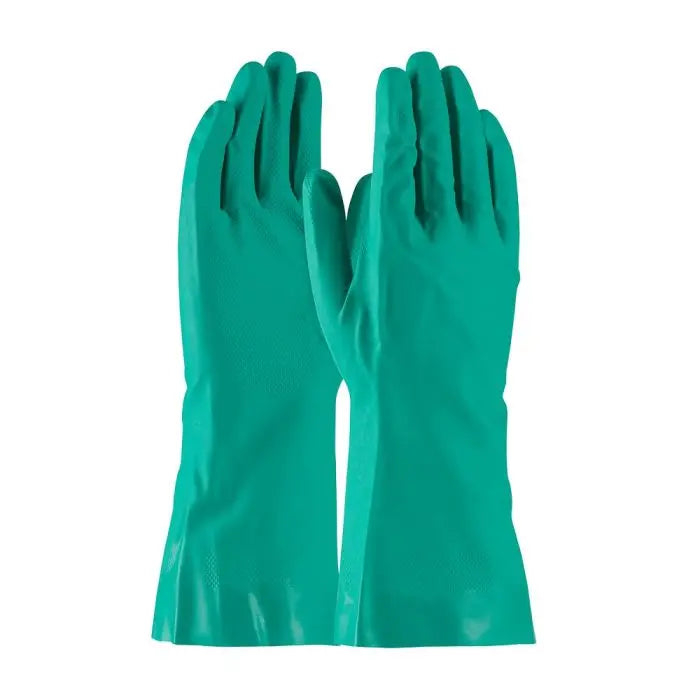


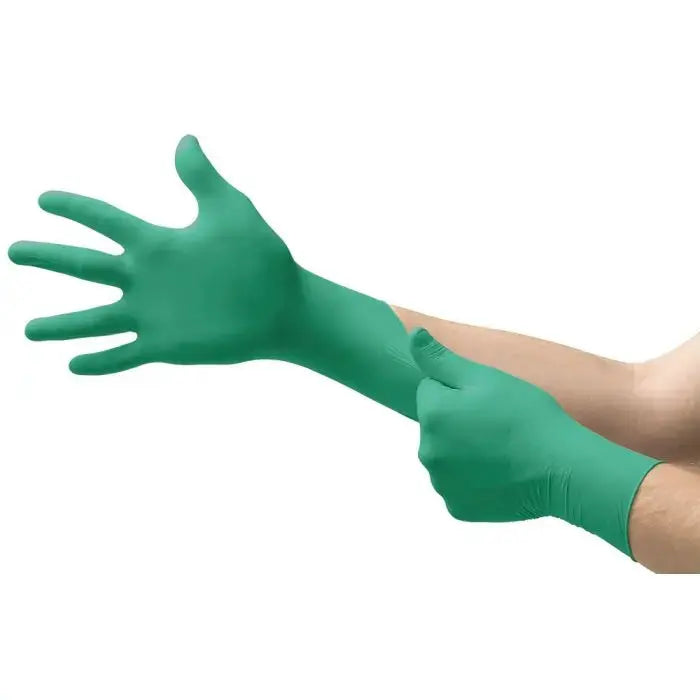




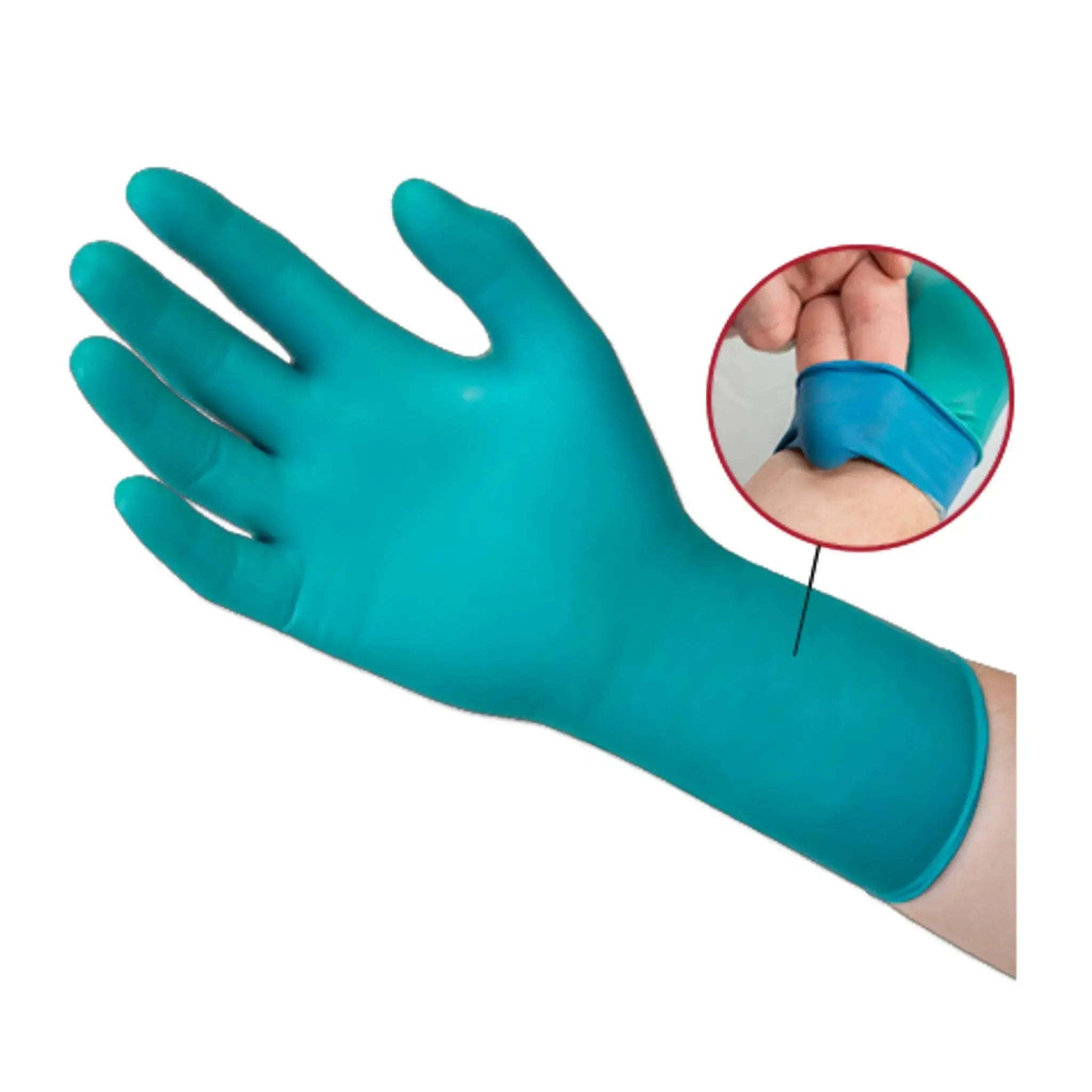
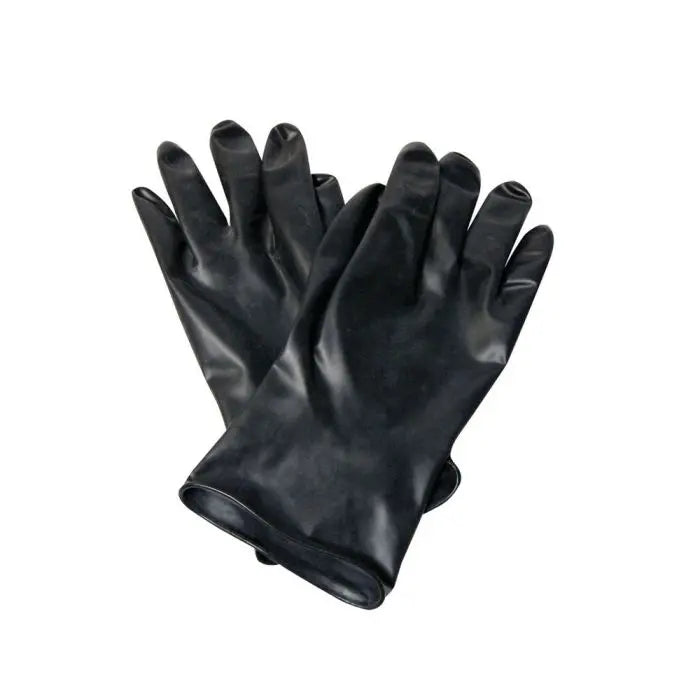
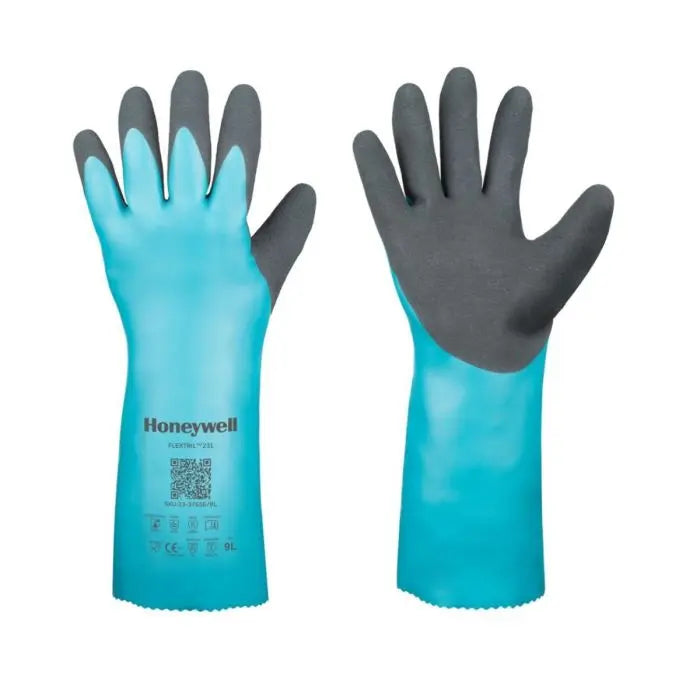
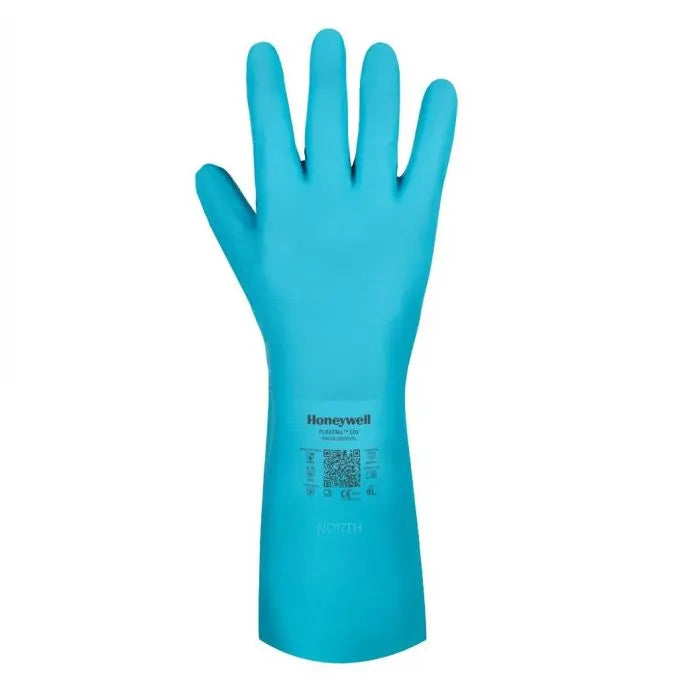

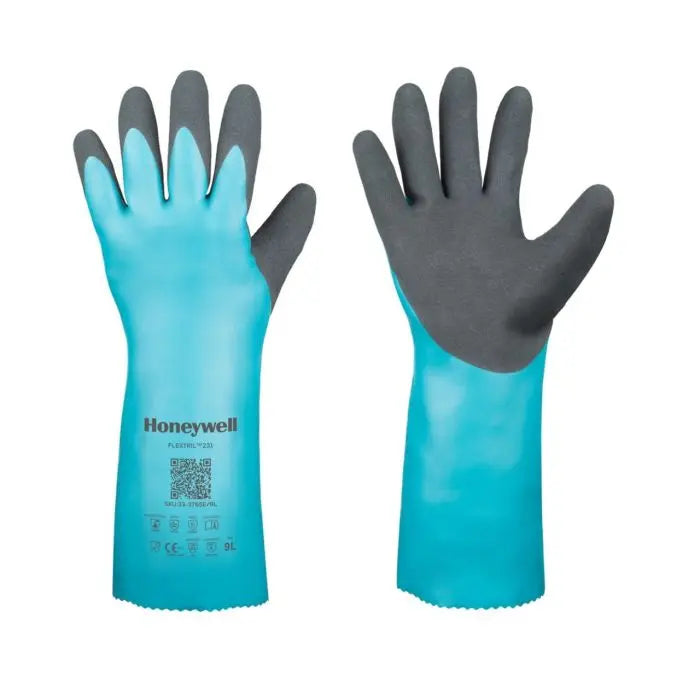
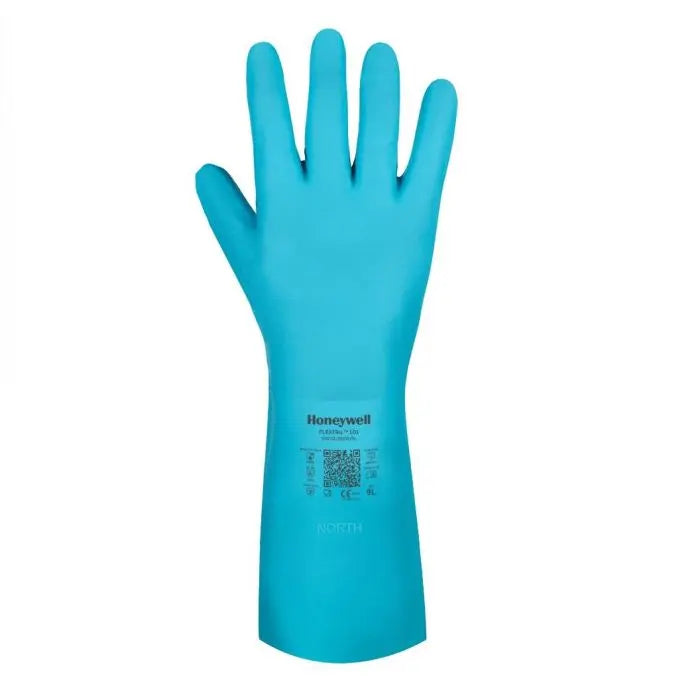



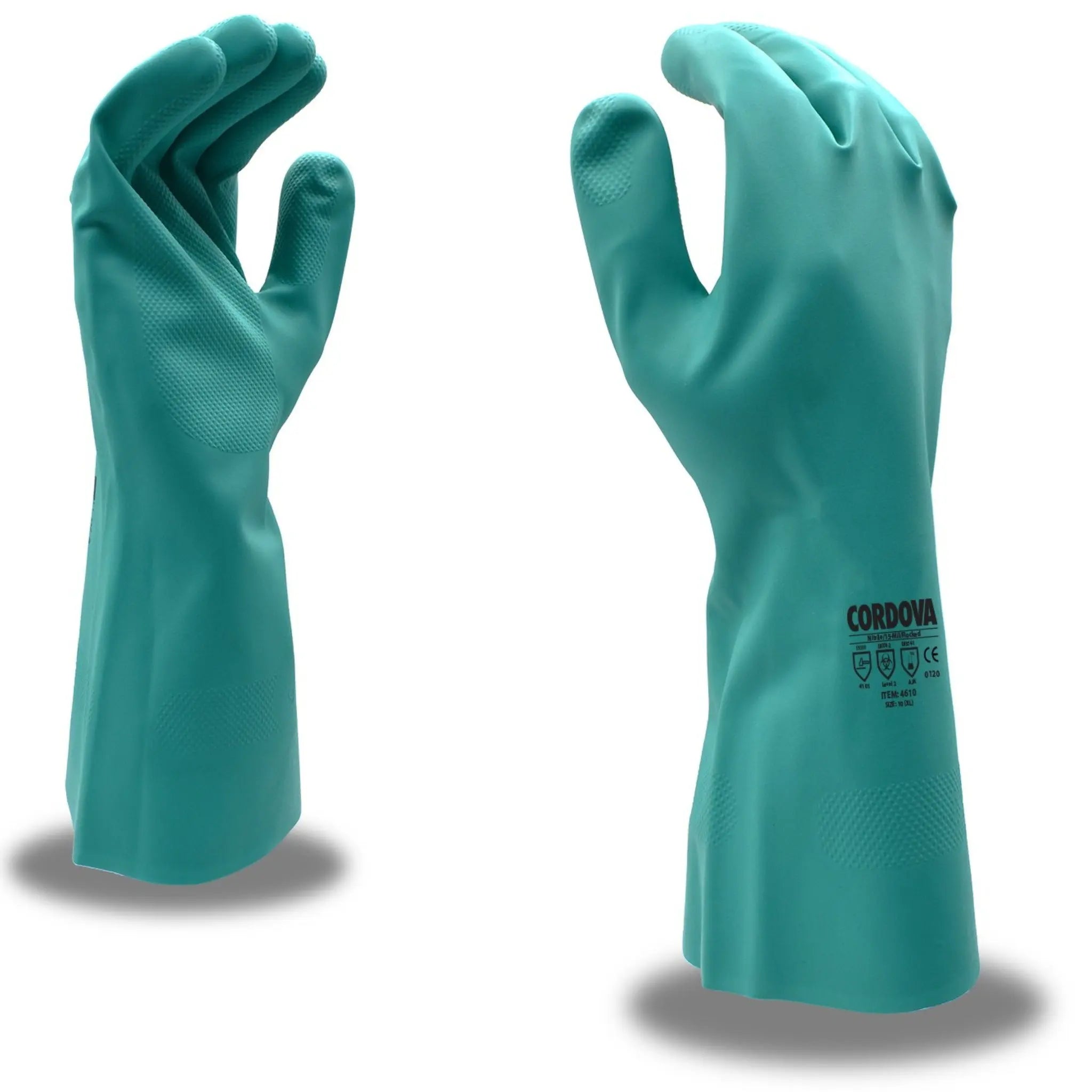




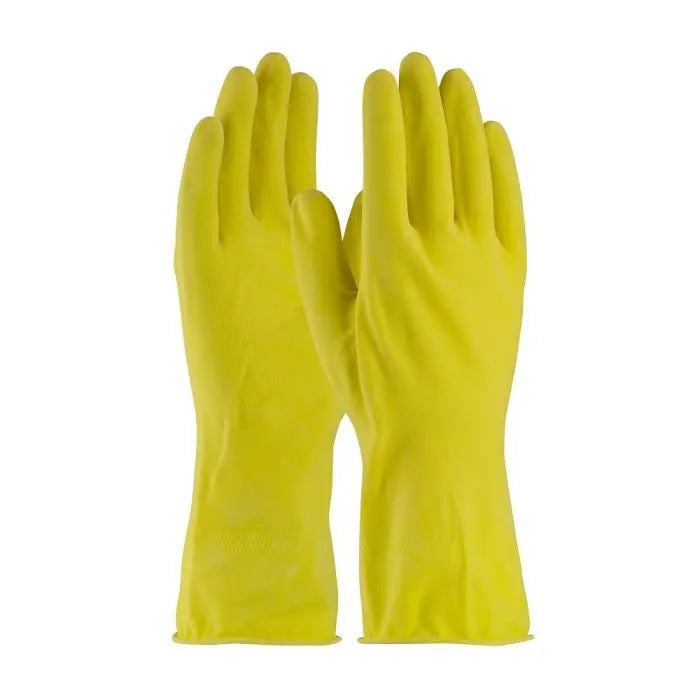
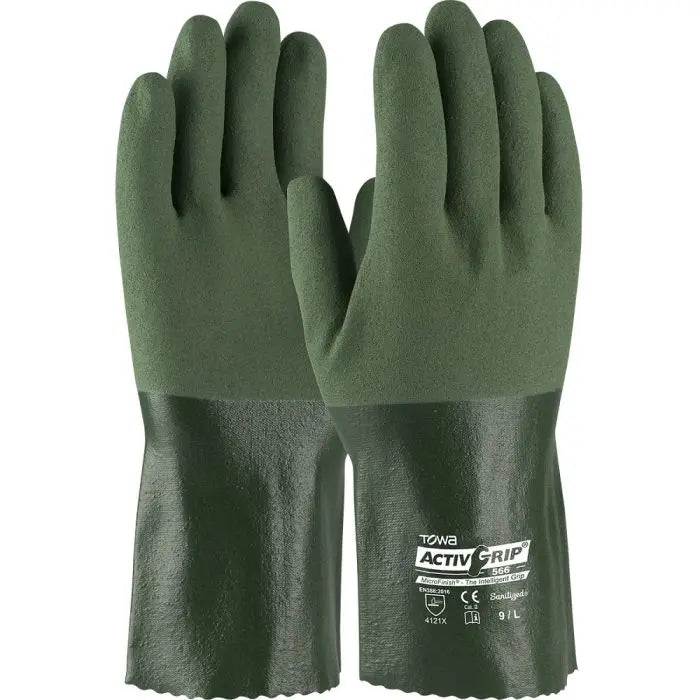
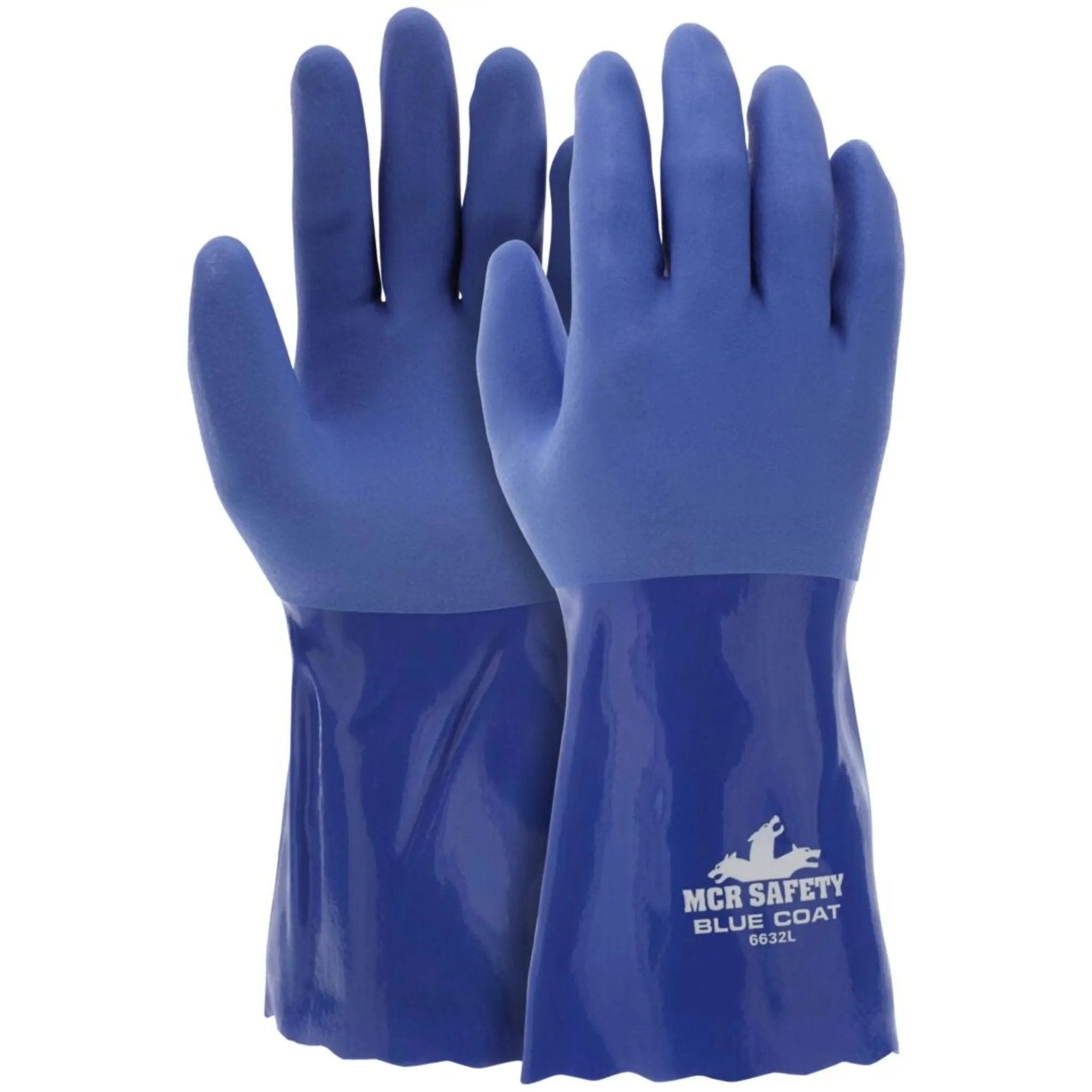
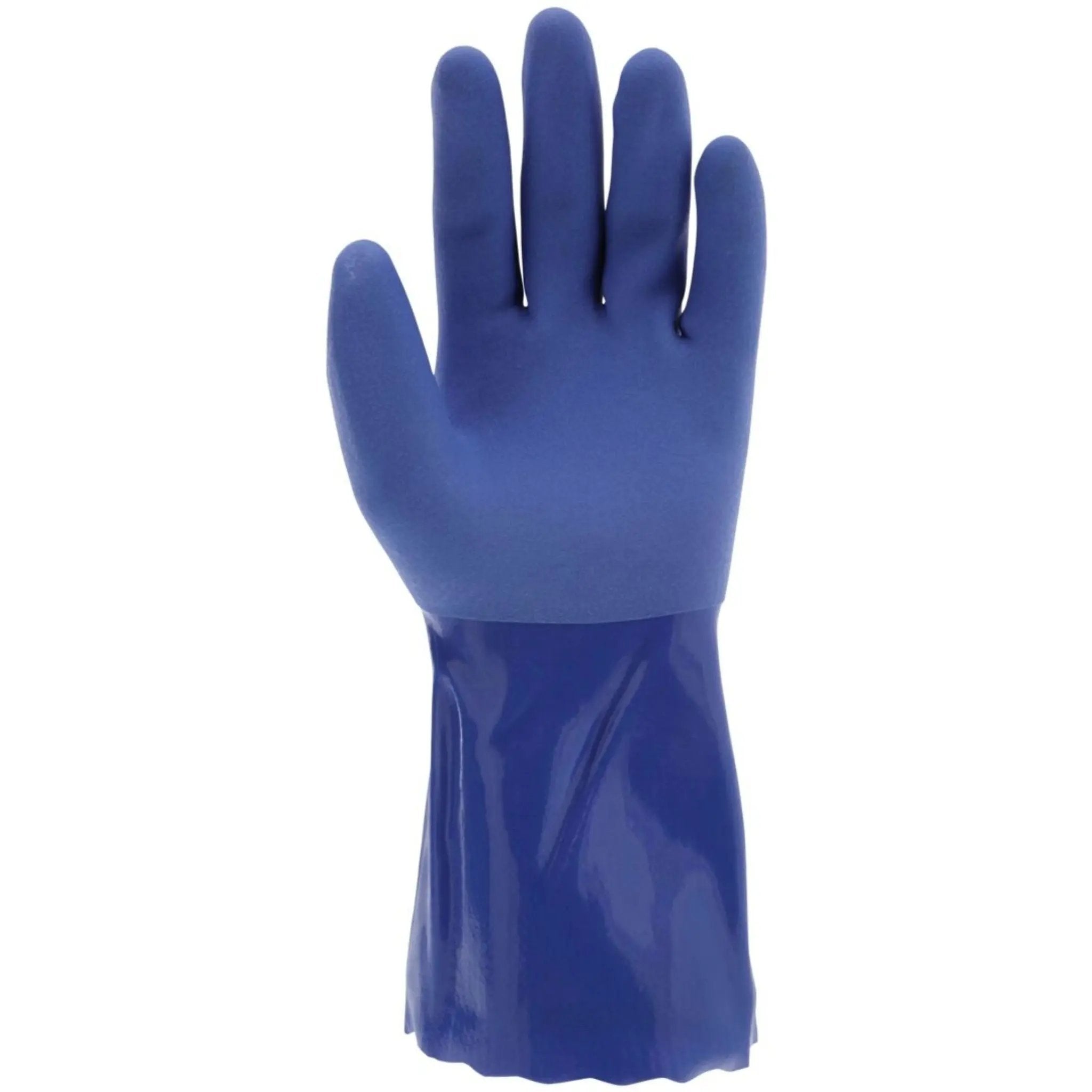
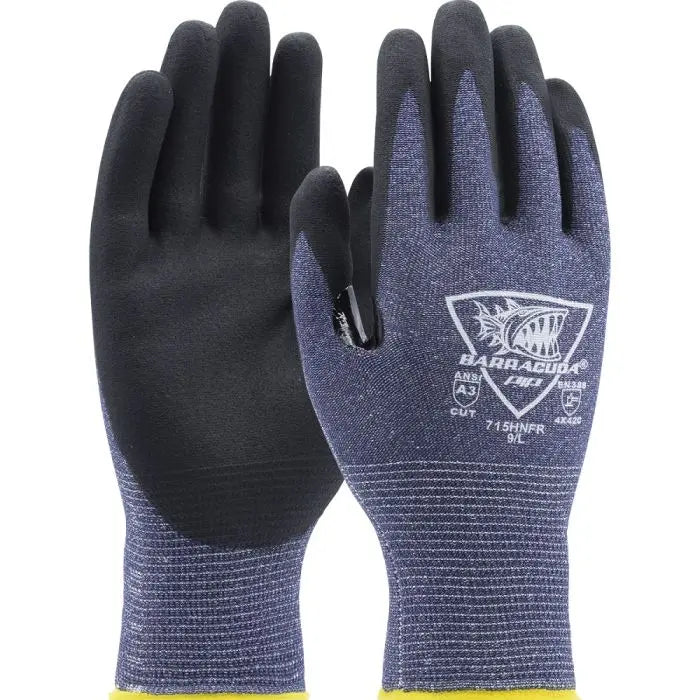
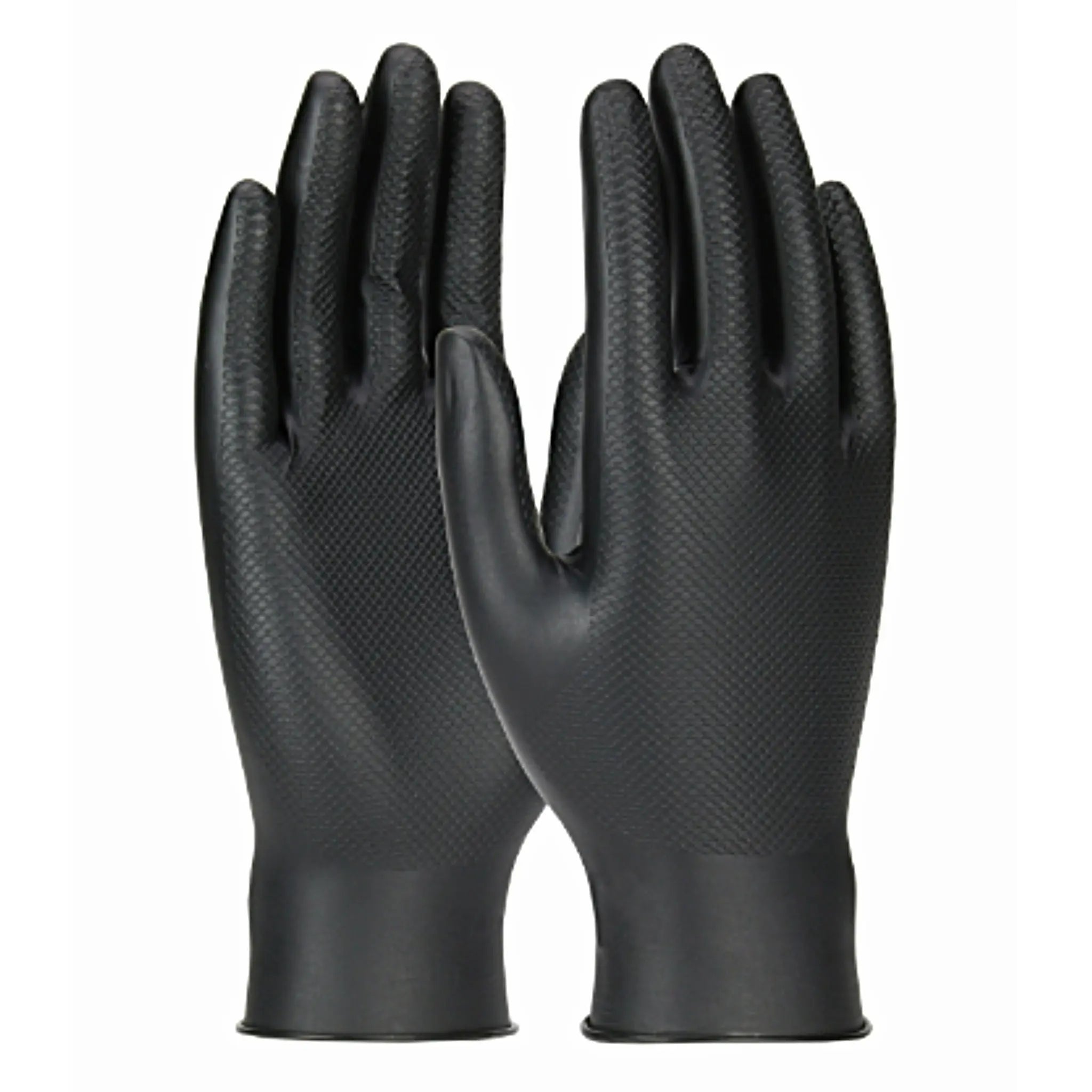

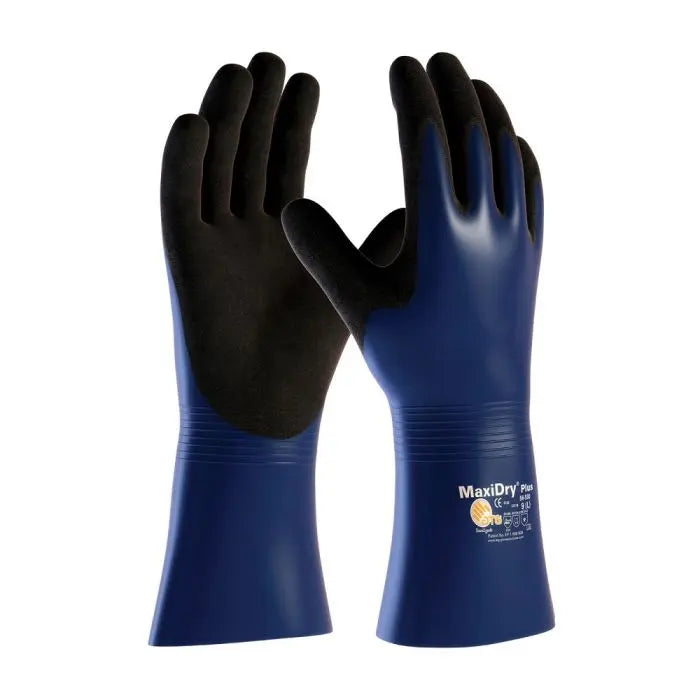

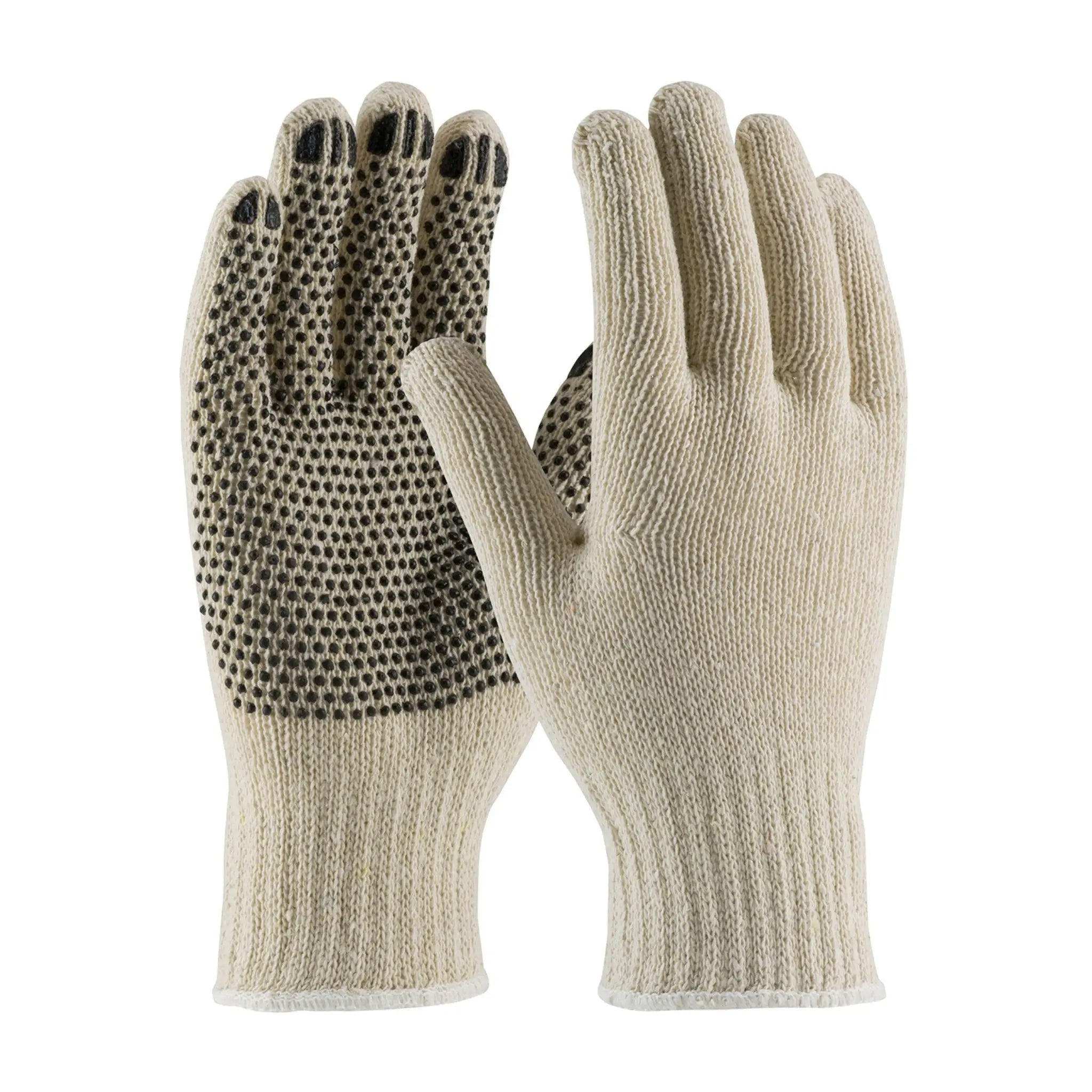
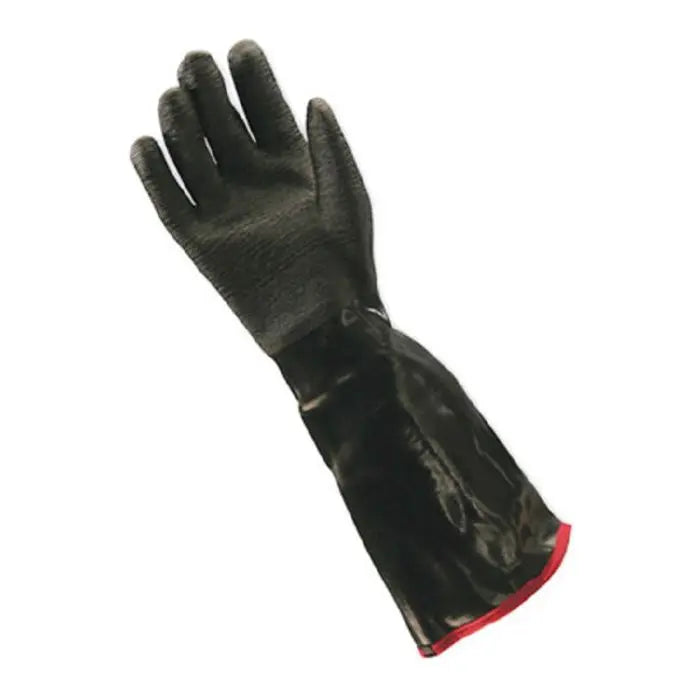
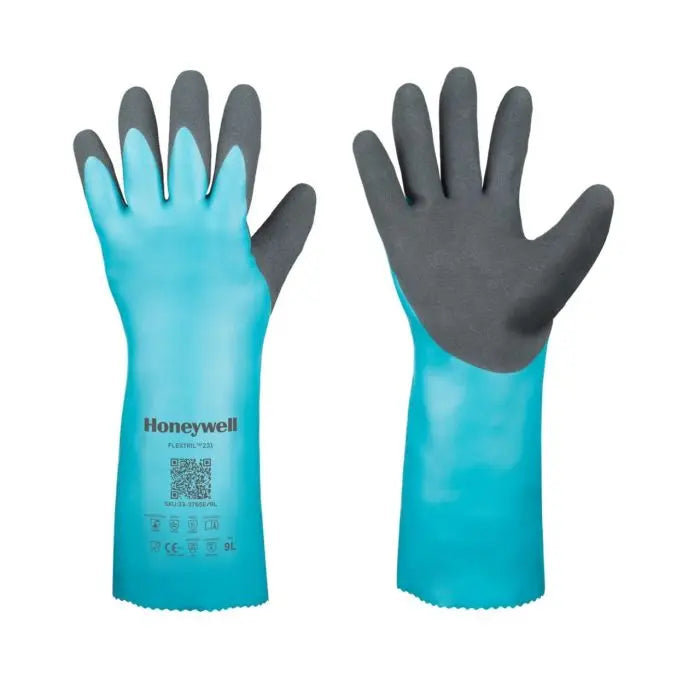
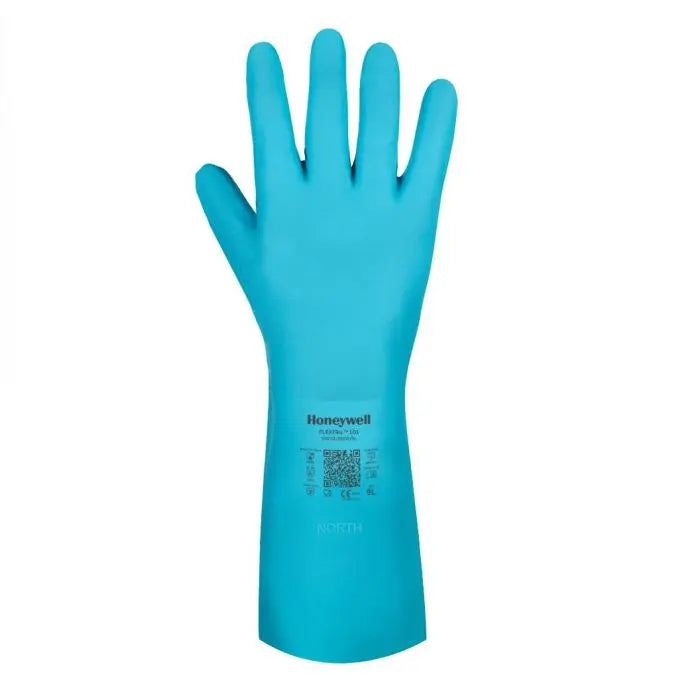

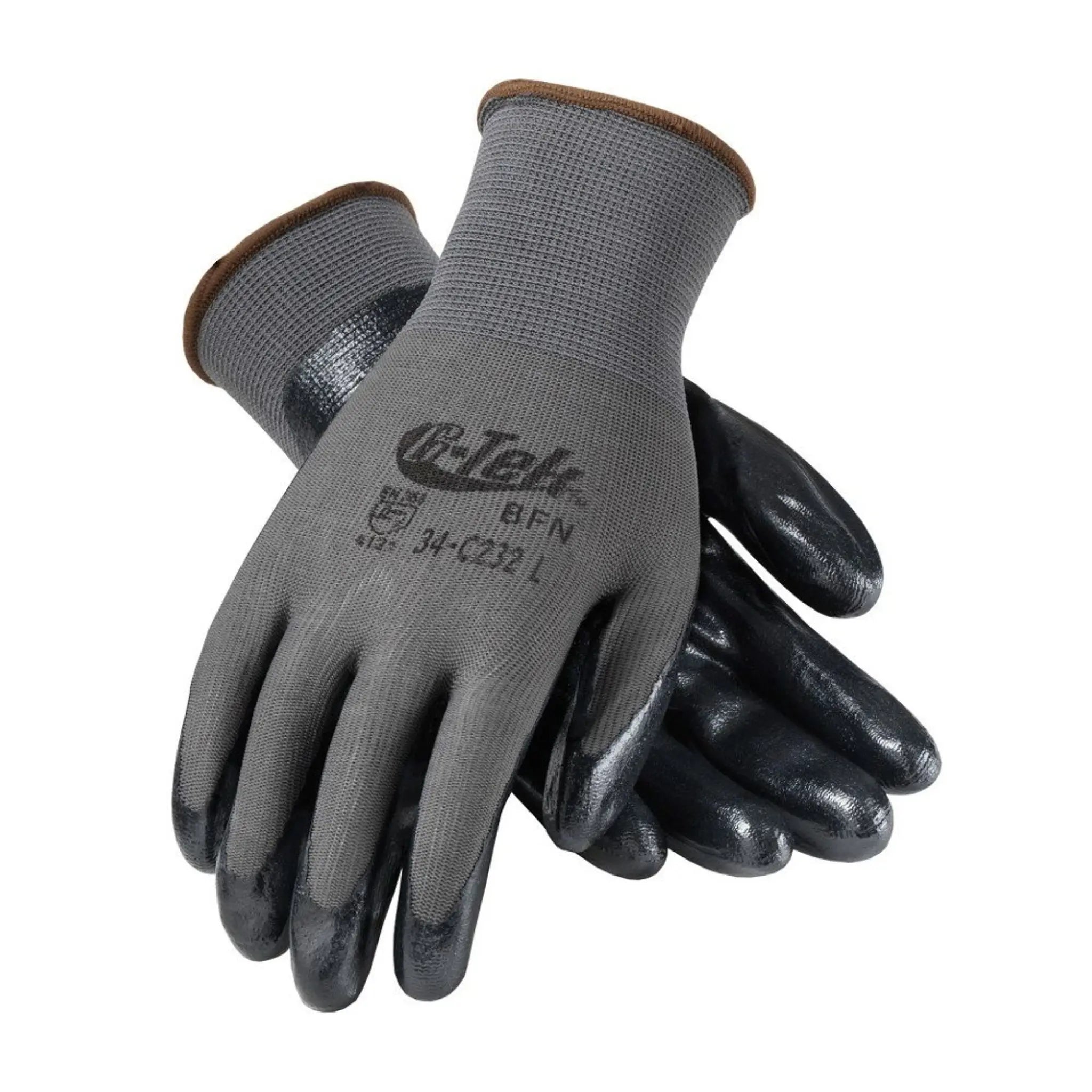
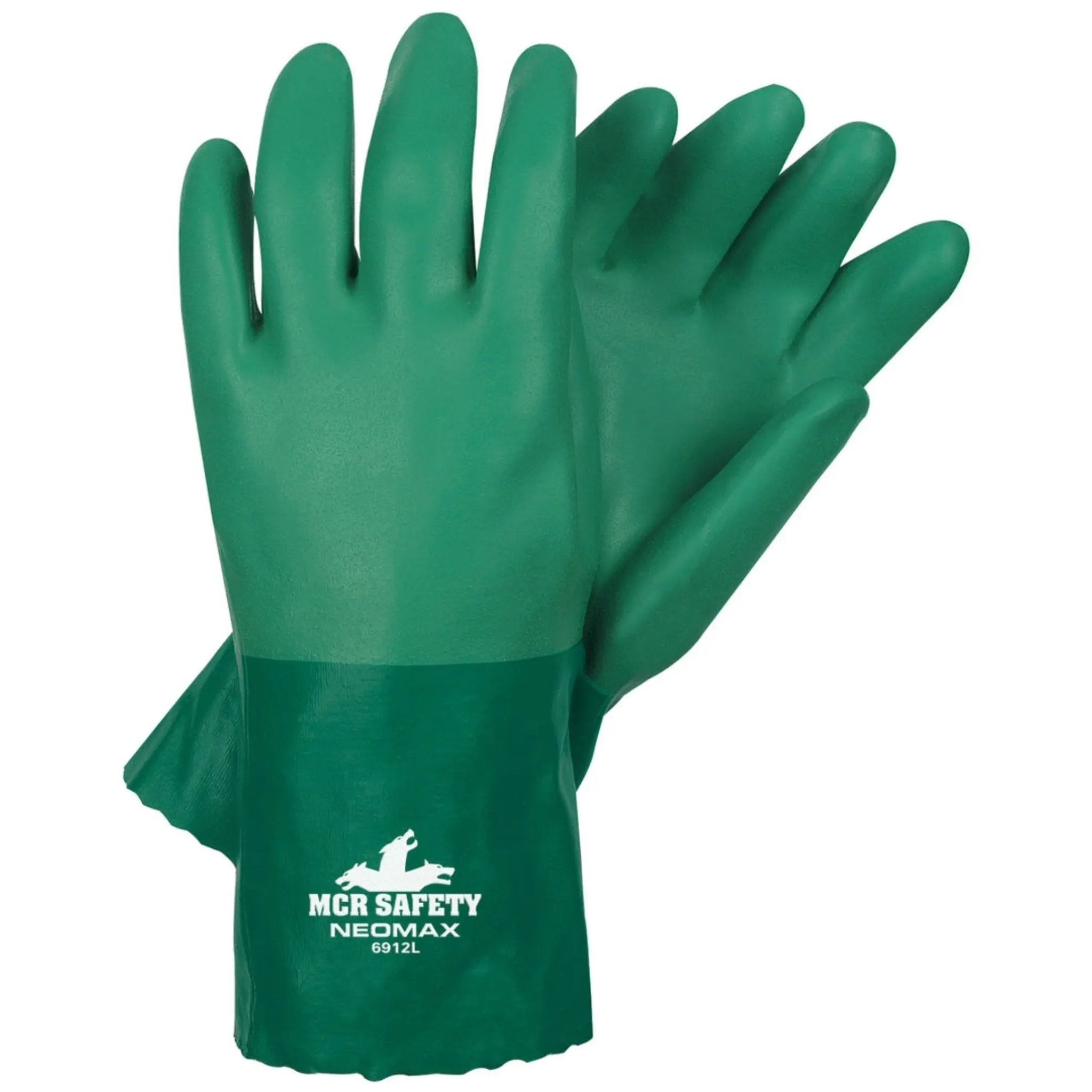

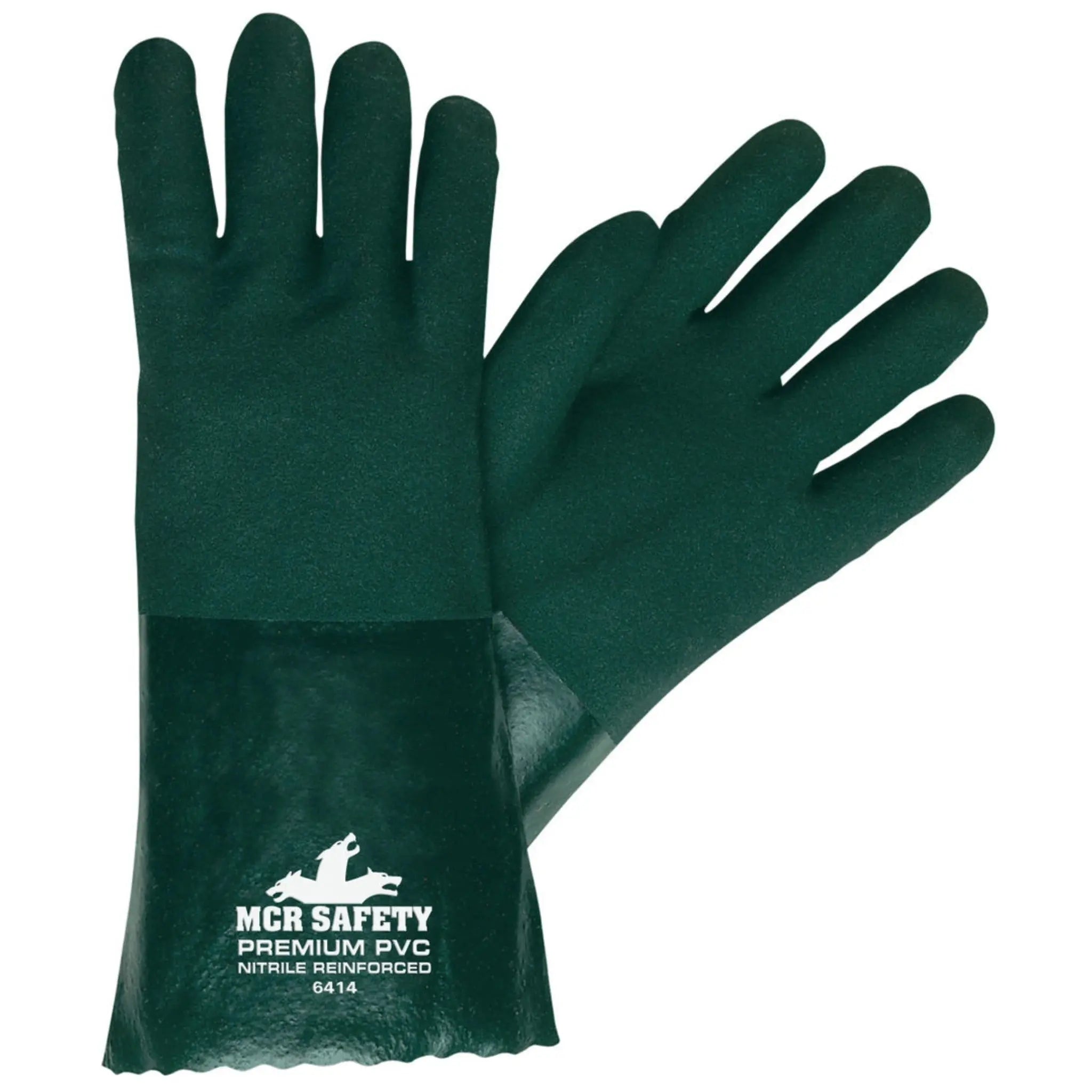
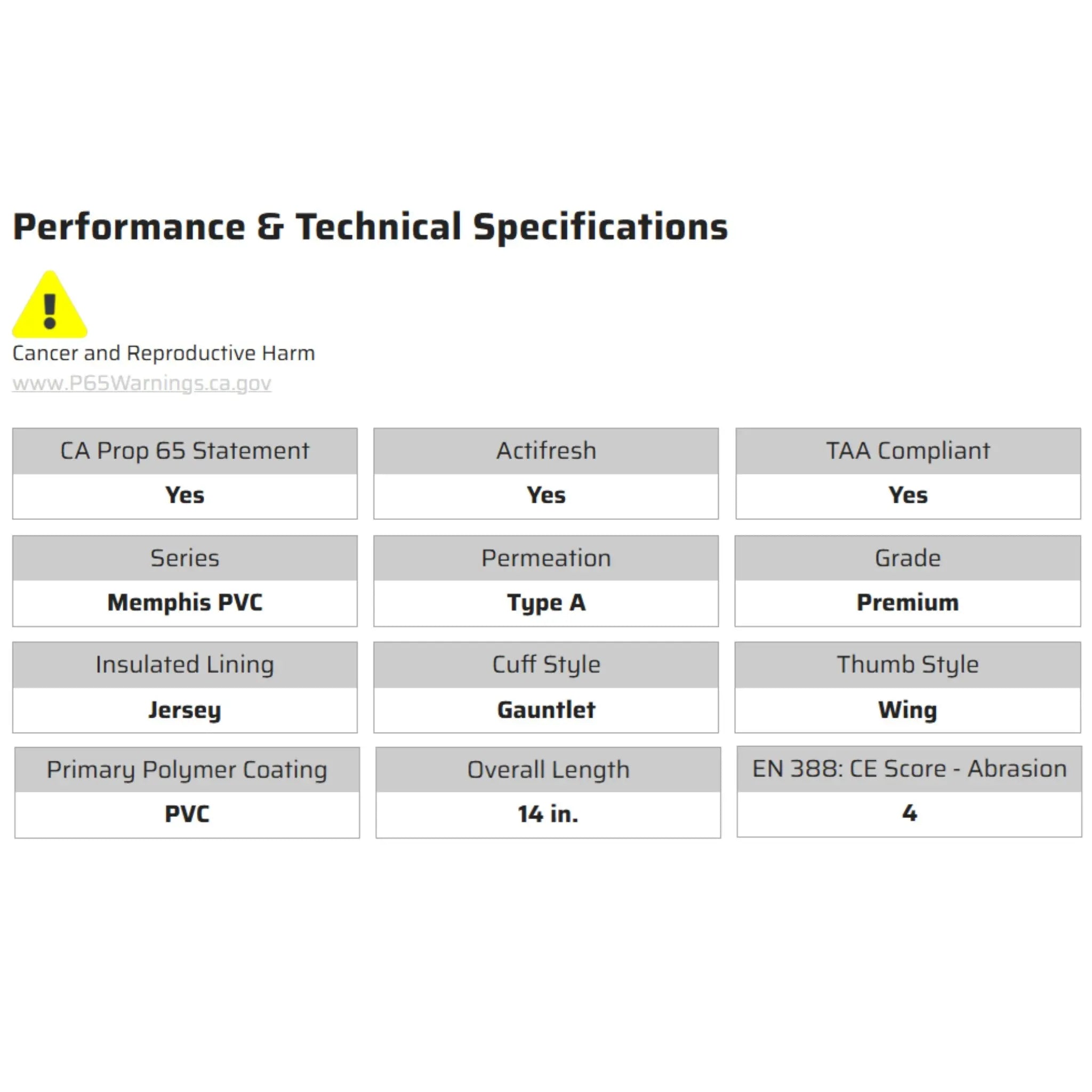
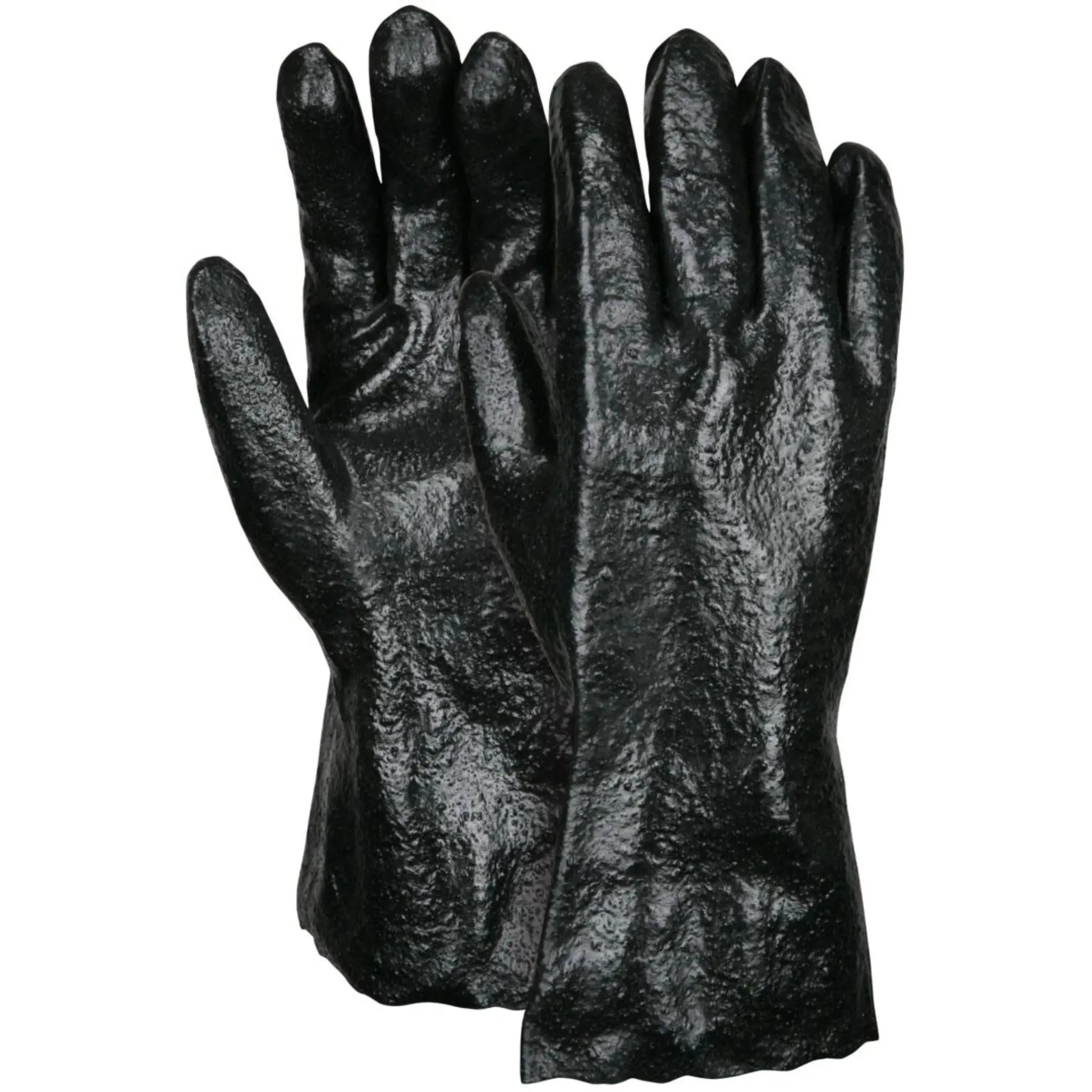
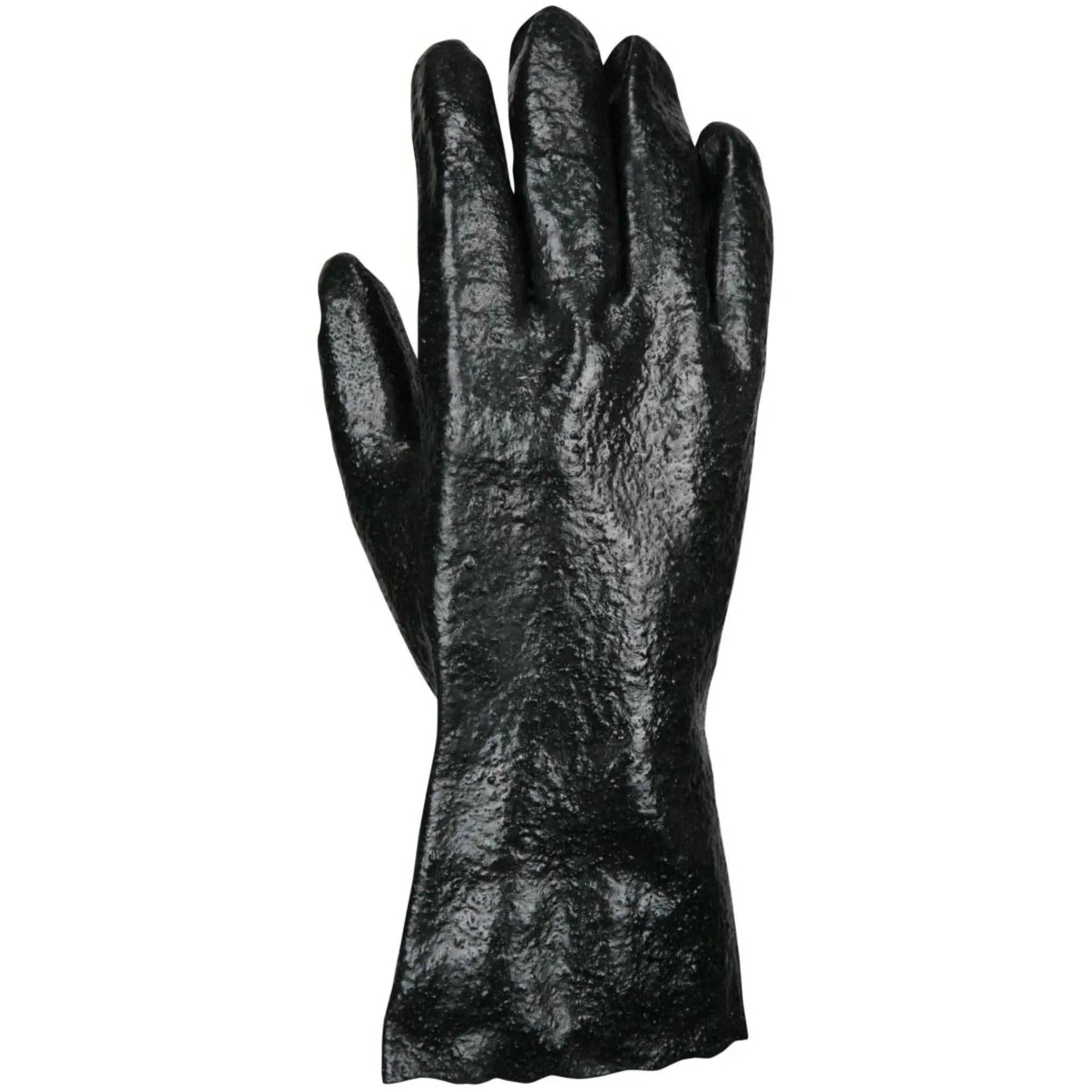


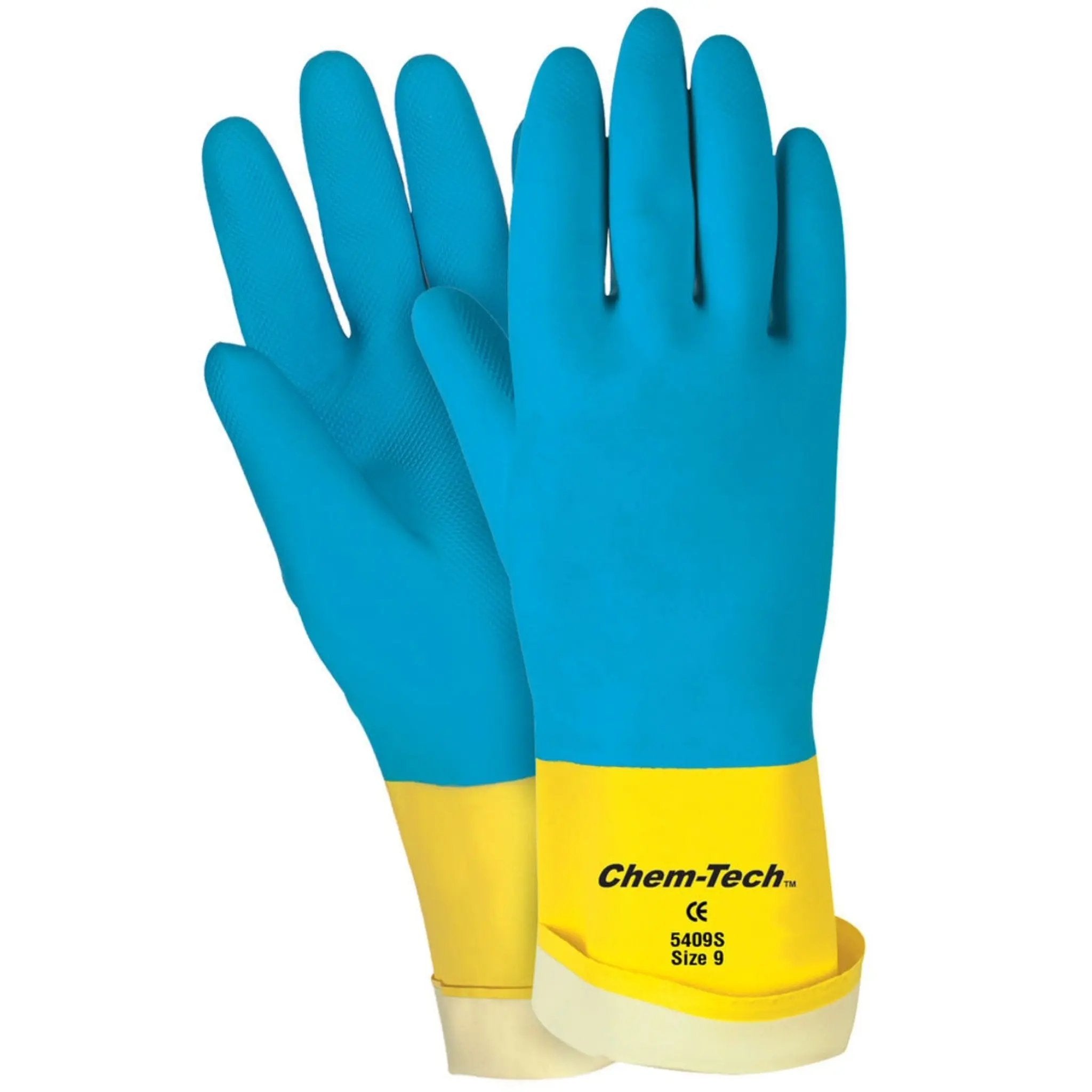
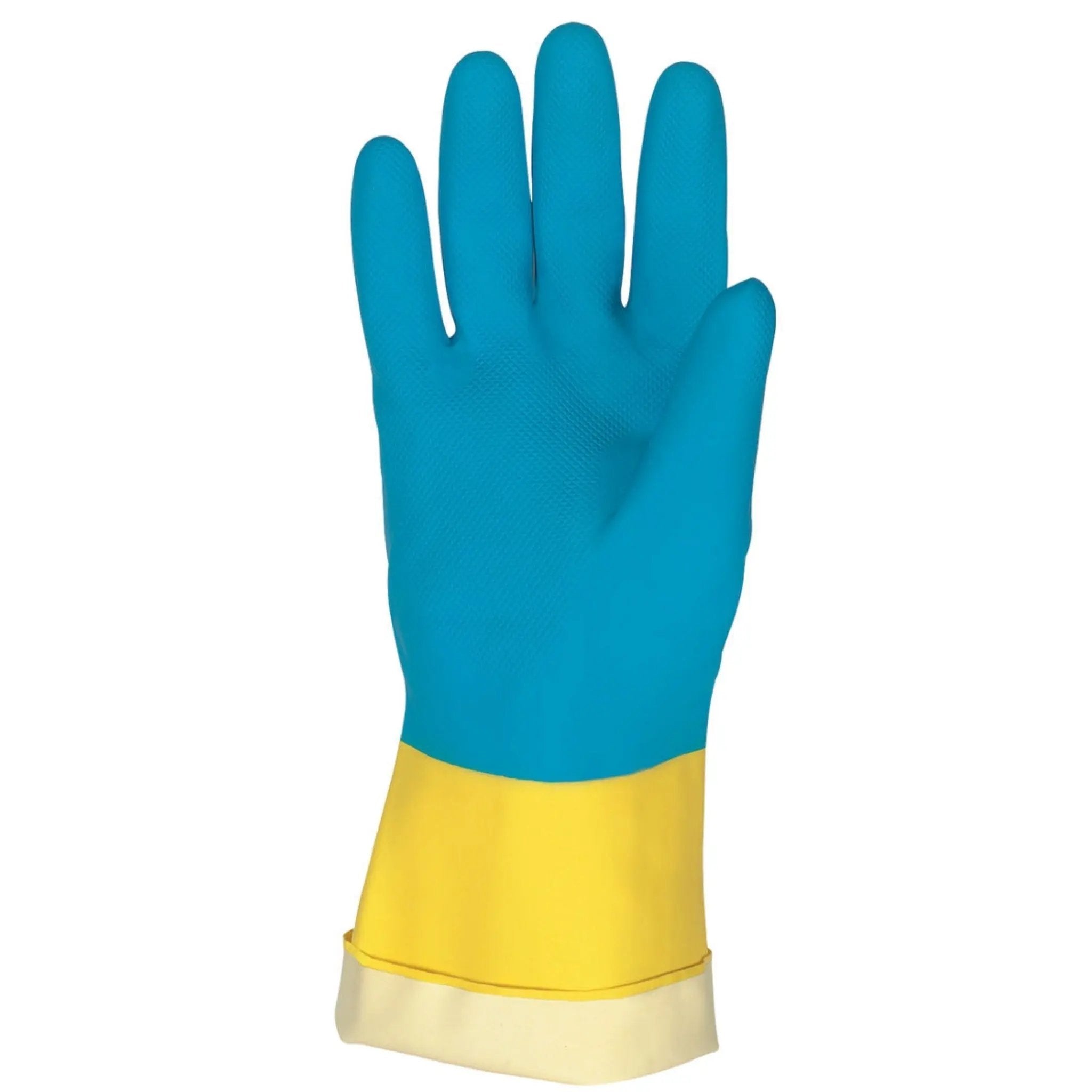
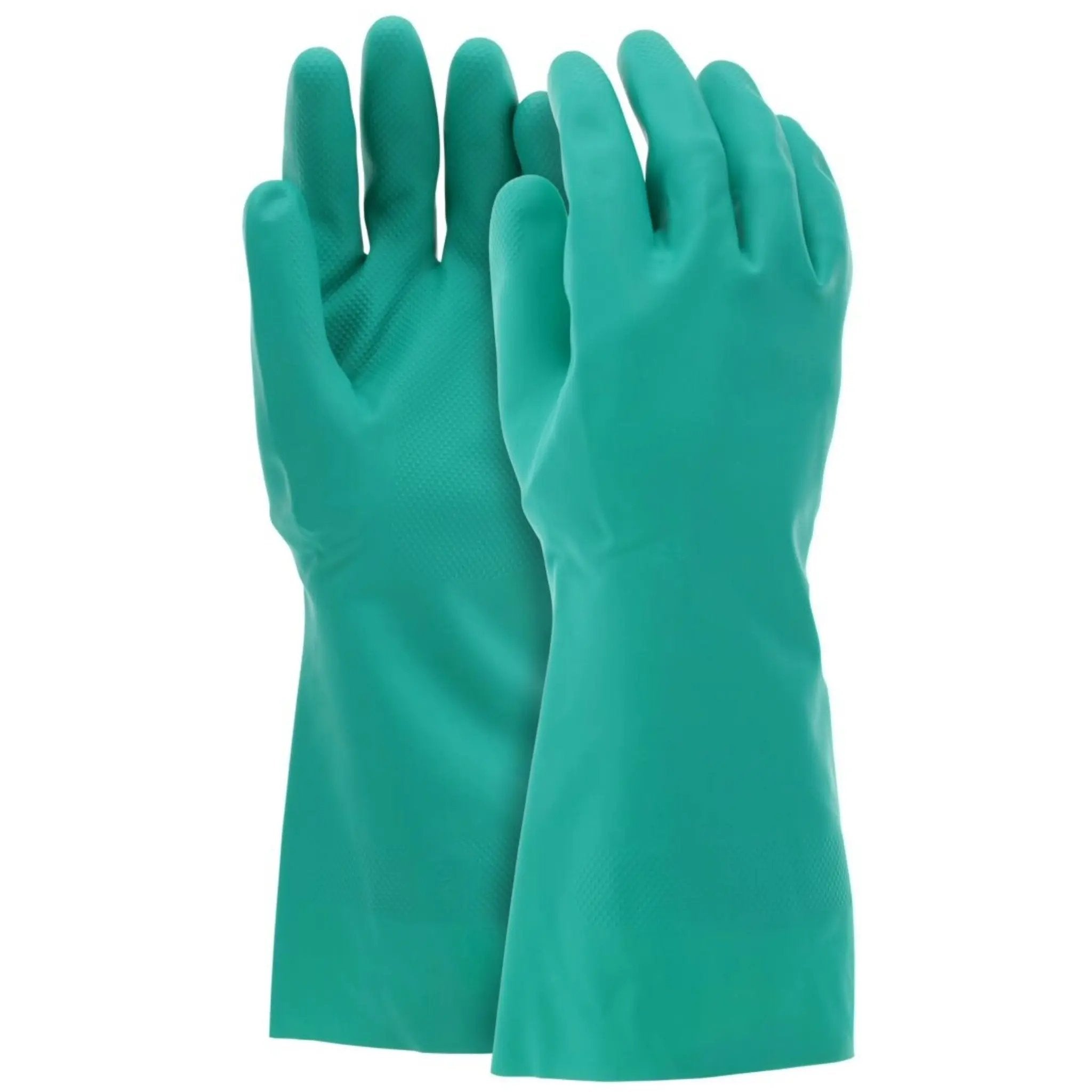
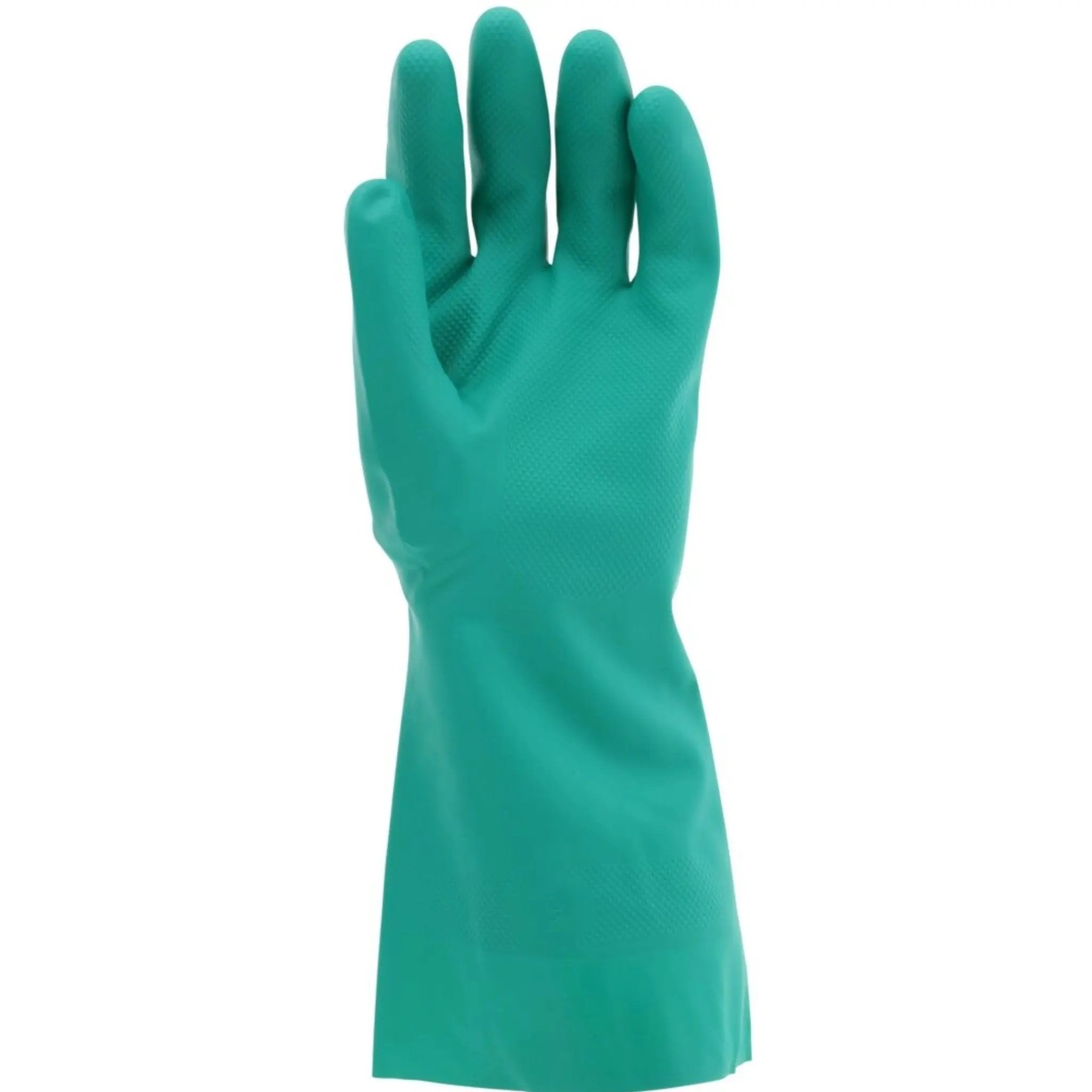
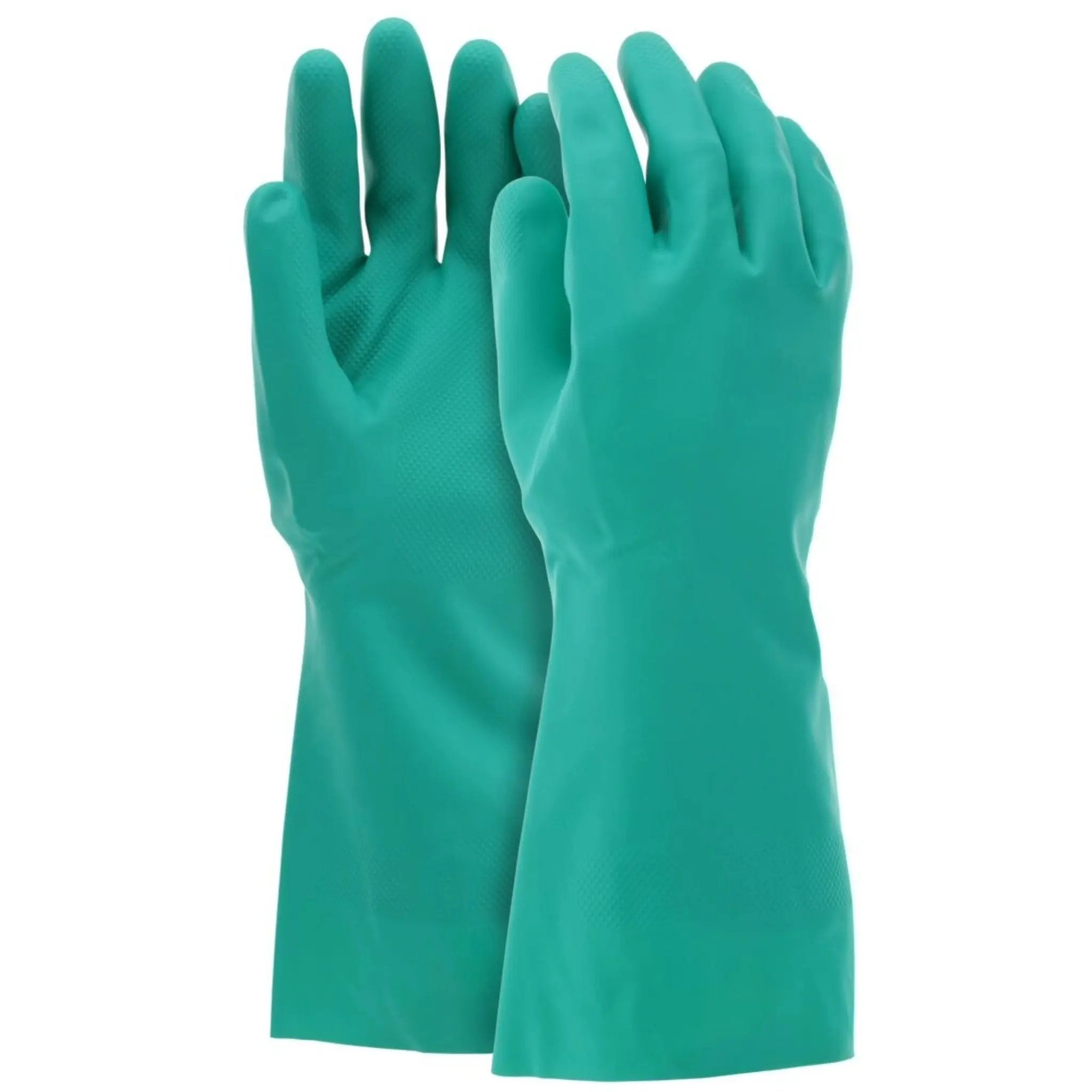
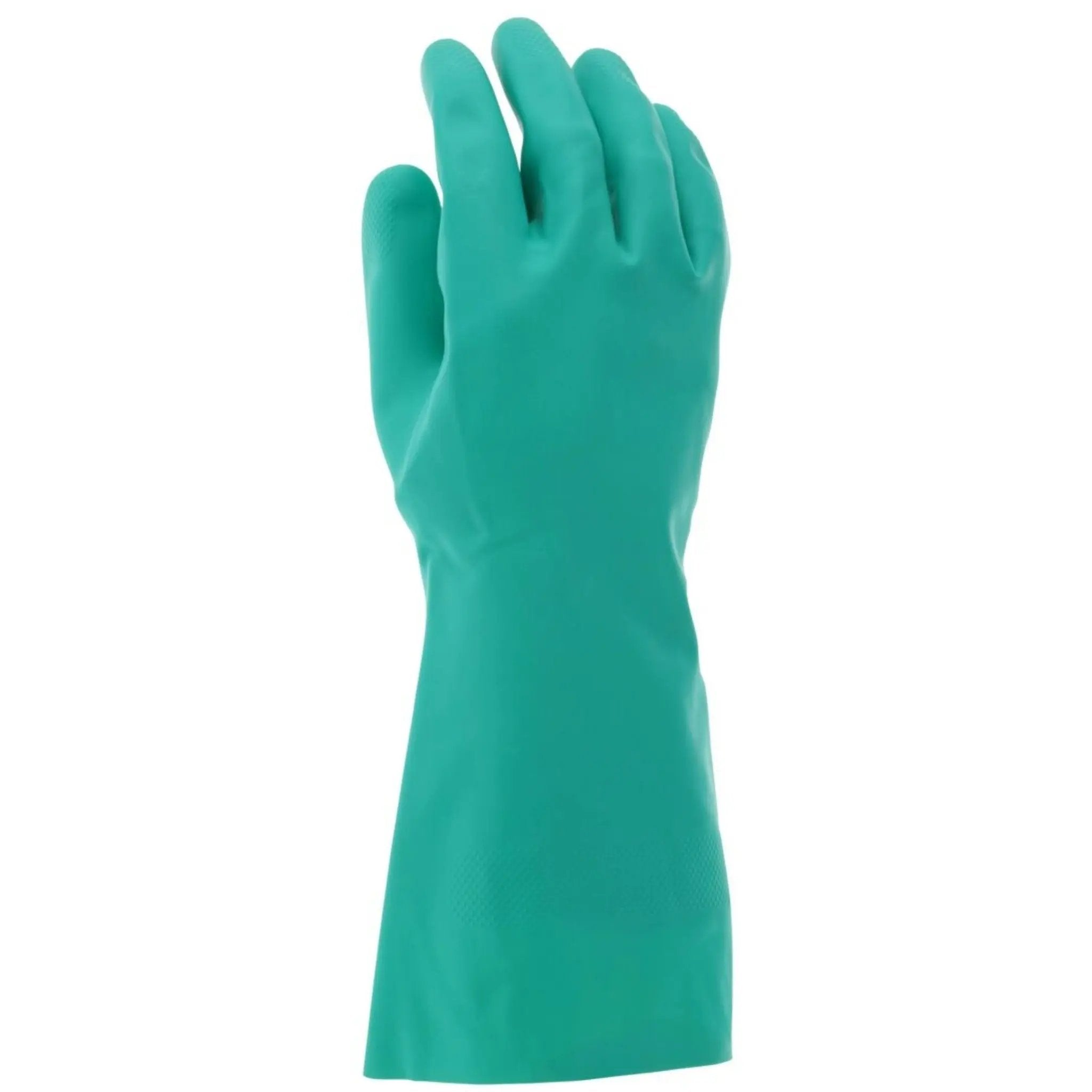
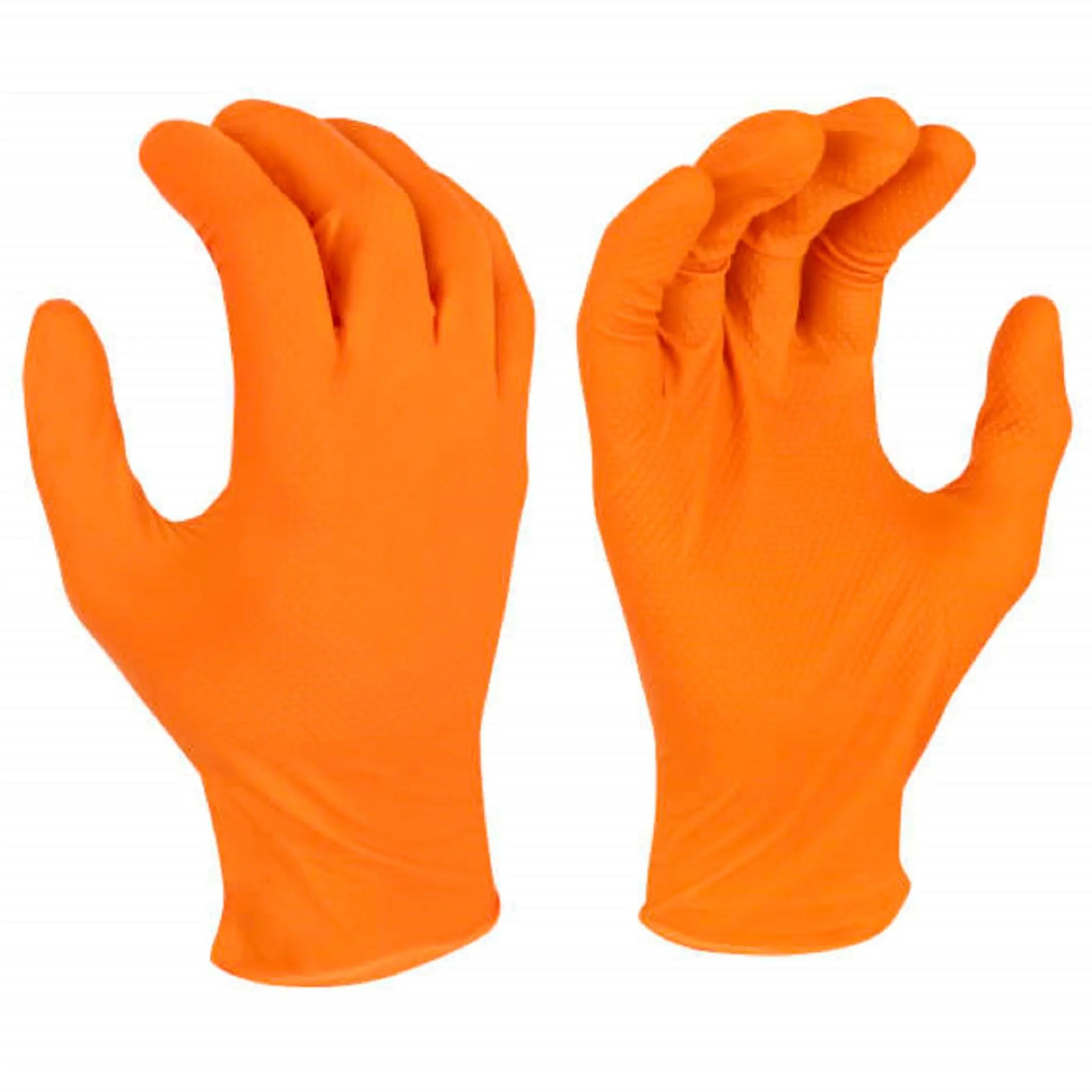



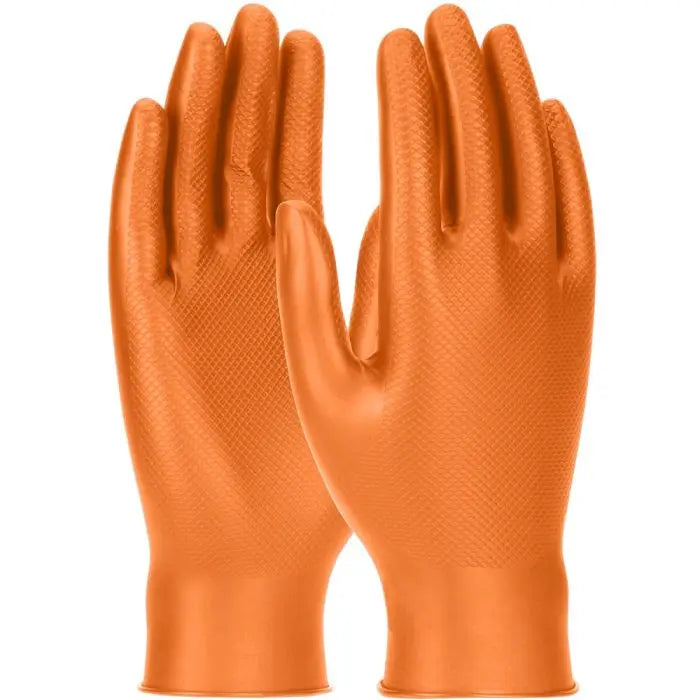
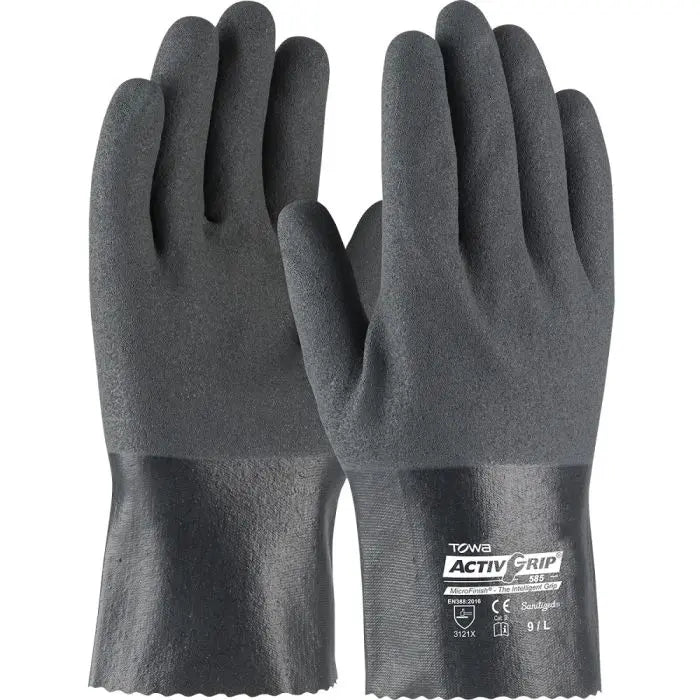




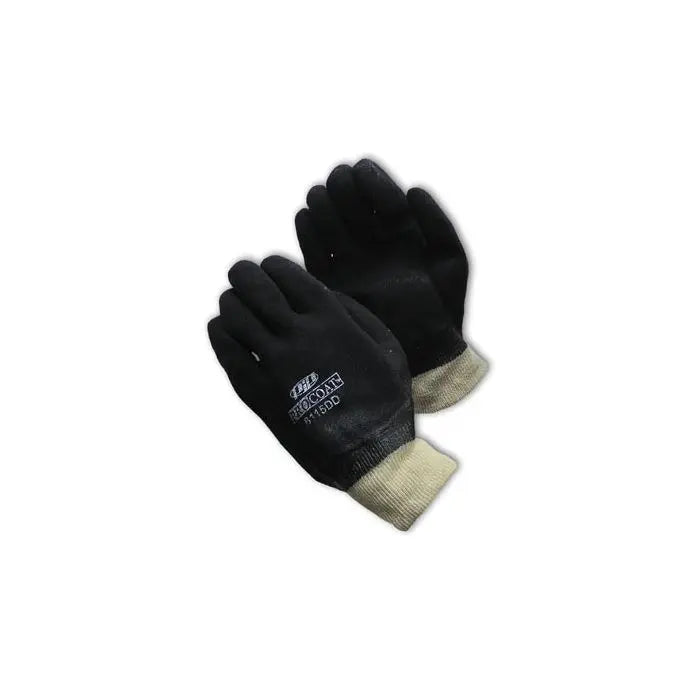
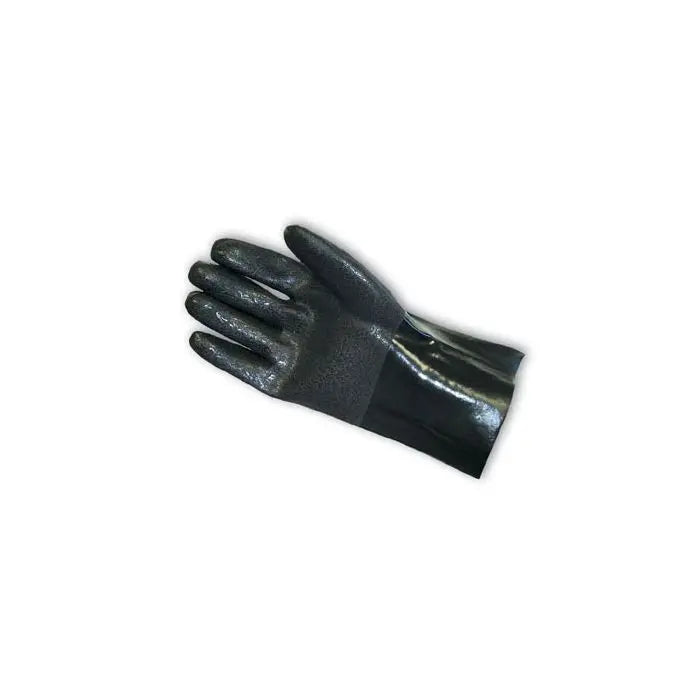
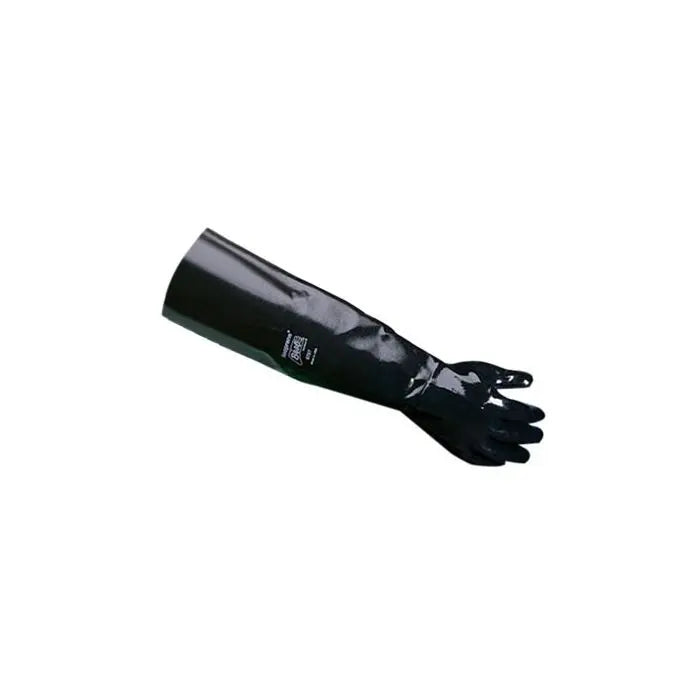
FAQs
What are chemical-resistant work gloves, and why are they necessary?
Chemical-resistant work gloves are designed to protect workers from exposure to hazardous chemicals, acids, and alkalis. These gloves are made of materials that can withstand specific chemicals and prevent exposure to the skin. OSHA provides guidelines for selecting the appropriate PPE for different types of chemical hazards.
What are the different types of chemical-resistant work gloves, and how do I choose the right one for my job?
There are different types of chemical-resistant gloves made of materials such as neoprene, nitrile, PVC, and natural rubber latex. The appropriate glove for a job depends on the type of chemical being handled, the duration of contact, and the concentration of the chemical. Employers are responsible for providing the appropriate PPE for all types of job hazards.
How do I properly care for my chemical-resistant work gloves?
Chemical-resistant gloves should be inspected regularly and replaced if they show signs of wear or damage. Cleaning and maintenance requirements will vary depending on the specific type of glove and the manufacturer's recommendations. However, it is important to remember that chemical-resistant gloves are not indestructible and should not be reused if they show any signs of degradation or damage.
Can I use chemical-resistant work gloves for other types of work, or do I need different gloves for different jobs?
Chemical-resistant work gloves are specifically designed for protection against hazardous chemicals and should only be used for this purpose. Different types of work may require different types of gloves, such as cut-resistant gloves, electrical gloves, or extreme temperature gloves. Employers are responsible for providing the appropriate PPE for all types of job hazards.
How do I know if my chemical-resistant work gloves meet ANSI standards?
ANSI/ISEA 105-2016 sets the standards for chemical-resistant gloves, and the gloves should have a label indicating their compliance with the standard. Additionally, the gloves should be tested to determine their resistance to specific chemicals and comply with the OSHA regulations for PPE.




